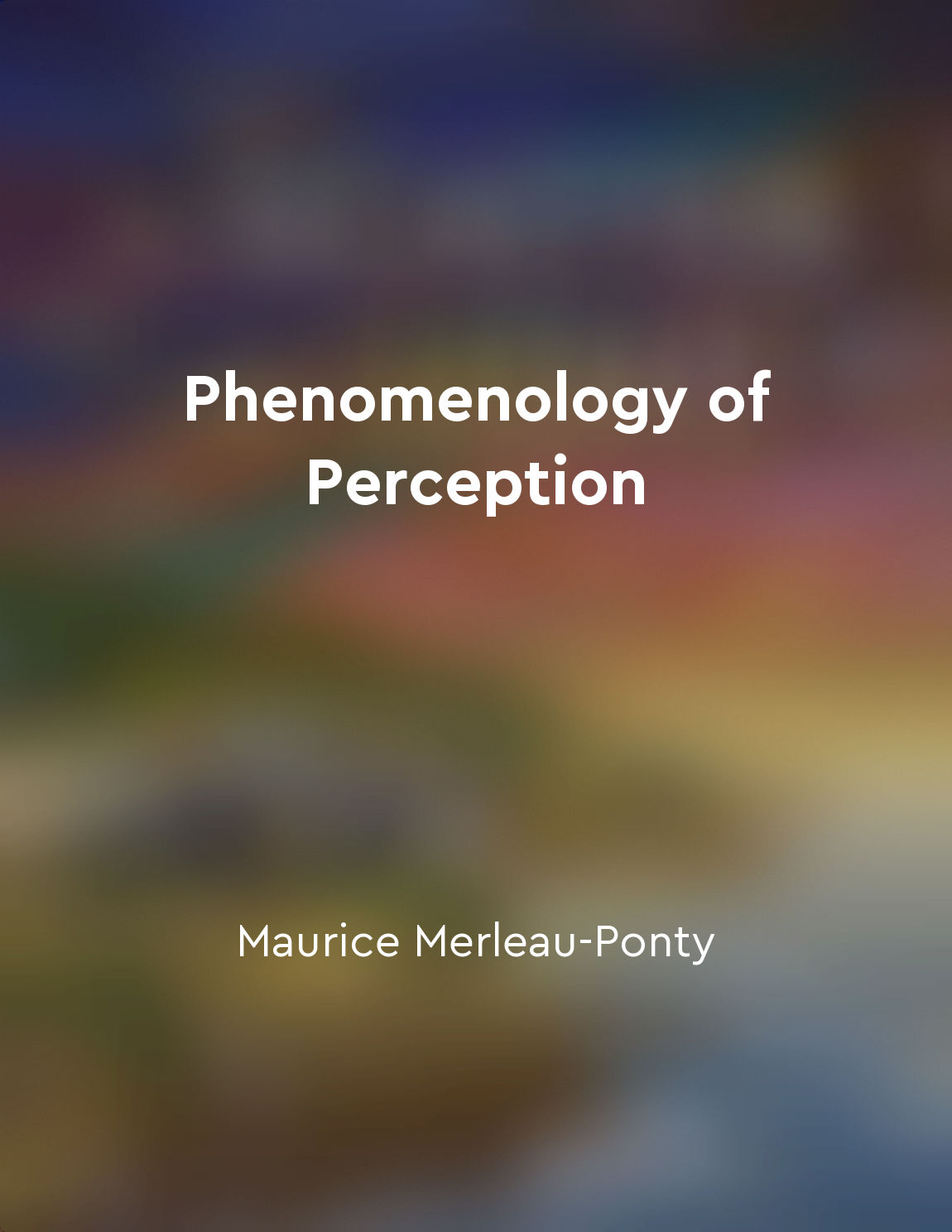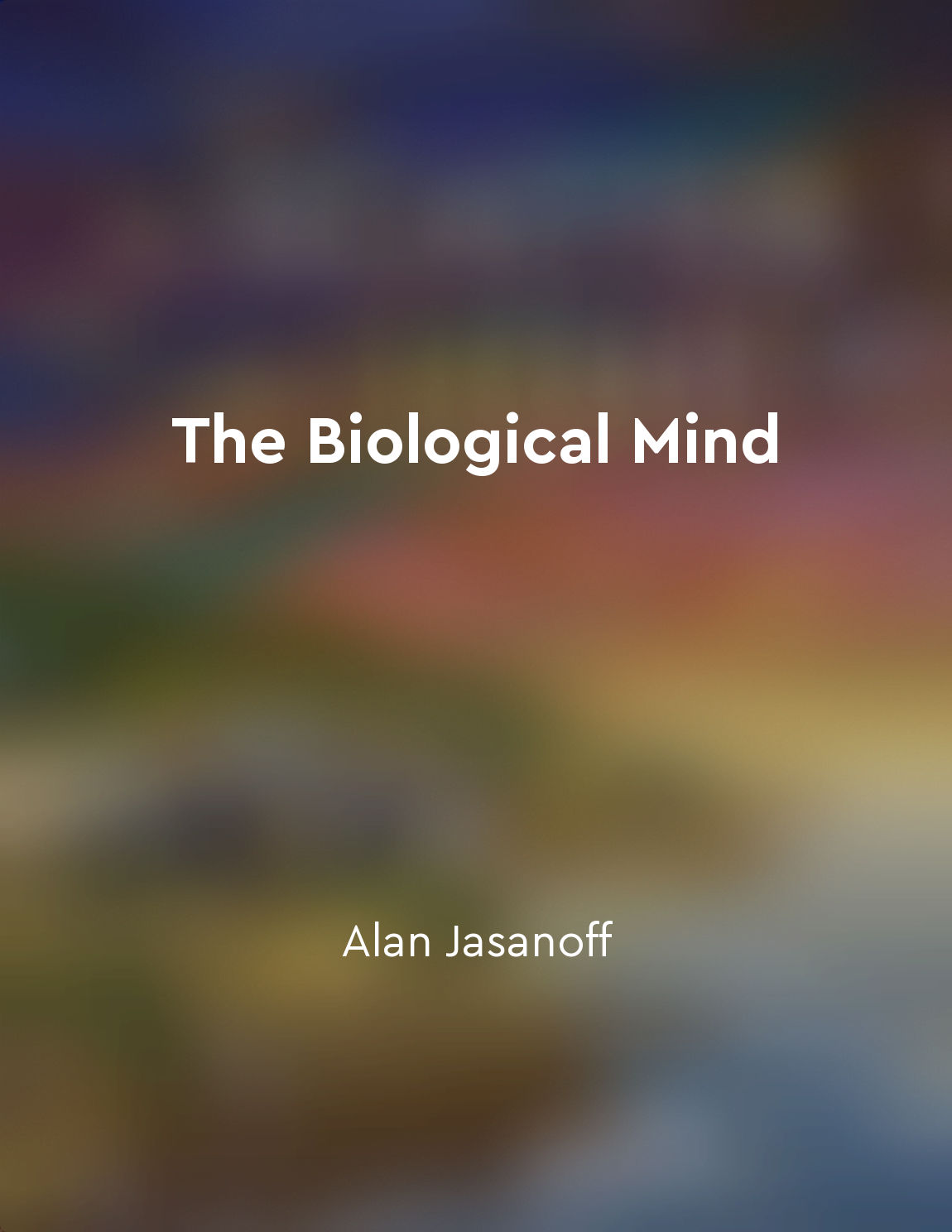Audio available in app
Attention acts as a gatekeeper for conscious awareness and cognitive functioning from "summary" of The Cognitive Neuroscience of Consciousness by Stanislas Dehaene
Attention serves a crucial role in determining what information enters conscious awareness. It filters sensory input, allowing only a select portion to rise to the level of consciousness while depriving others of this access. This selective process is vital for efficient cognitive functioning, as the brain is bombarded with a vast amount of stimuli at any given moment. The mechanisms of attention can be understood through a framework where neural circuits prioritize certain inputs based on relevance and significance. For instance, salient stimuli—those that are novel, threatening, or emotionally charged—tend to capture attention more readily. This prioritization ensures that critical information is processed more thoroughly, enabling adaptive responses to the environment. Attention is not merely a passive filter; it actively shapes perception and cognition. When attention is directed towards a specific stimulus, neural resources are allocated to enhance the processing of that stimulus, leading to a clearer and more vivid representation in conscious awareness. This enhancement is vital for tasks that require focused thought, such as problem-solving or decision-making. The interplay between attention and consciousness is further exemplified in the phenomenon of inattentional blindness, where individuals fail to perceive unexpected stimuli when their attention is directed elsewhere. This illustrates the limitations of conscious awareness and emphasizes how attention determines the scope of what can be consciously experienced.- The dynamic interaction between attentional mechanisms and conscious awareness underpins cognitive functioning. By regulating the flow of information into consciousness, attention enables a coherent experience of the world, facilitating effective engagement with surrounding environments and ensuring that cognitive resources are optimally utilized.
Similar Posts
Fragility of self
The concept of the fragility of self is a fascinating exploration into the nature of our existence and consciousness. Anil Anan...
Quantum theory and general relativity explain universe's origins and evolution
Quantum theory and general relativity are two distinct areas of physics that have been able to provide profound insights into t...
Remember to sleep enough for optimal brain function
Getting enough sleep is crucial for optimal brain function. Sleep plays a vital role in our cognitive abilities, affecting ever...
Regular mental exercises can strengthen brain function
Engaging in regular mental exercises is essential for maintaining and enhancing brain function. By challenging your brain with ...

The body is the locus of our existence
Our body is not just a mere object in the world. It is the very medium through which we experience and engage with the world ar...
Objectification enables analysis of phenomena
The process of objectification plays a crucial role in enabling the analysis of phenomena within the realm of phenomenology. Ob...
Brain monitors internal environment
The brain constantly receives information from the body. It is like a vigilant monitor, always checking on the internal environ...

Genetics play a significant role in shaping brain function
Biological Mind delves into the intricate relationship between genetics and brain function, highlighting the profound impact th...

The dialectic of lordship and bondage
The debate between the master and the slave is a fundamental element of the dialectical process in the Phenomenology of Spirit....
The environment plays a significant role in shaping our behavior
The environment is a powerful force that shapes our behavior in ways that we may not even realize. From the moment we are born,...

